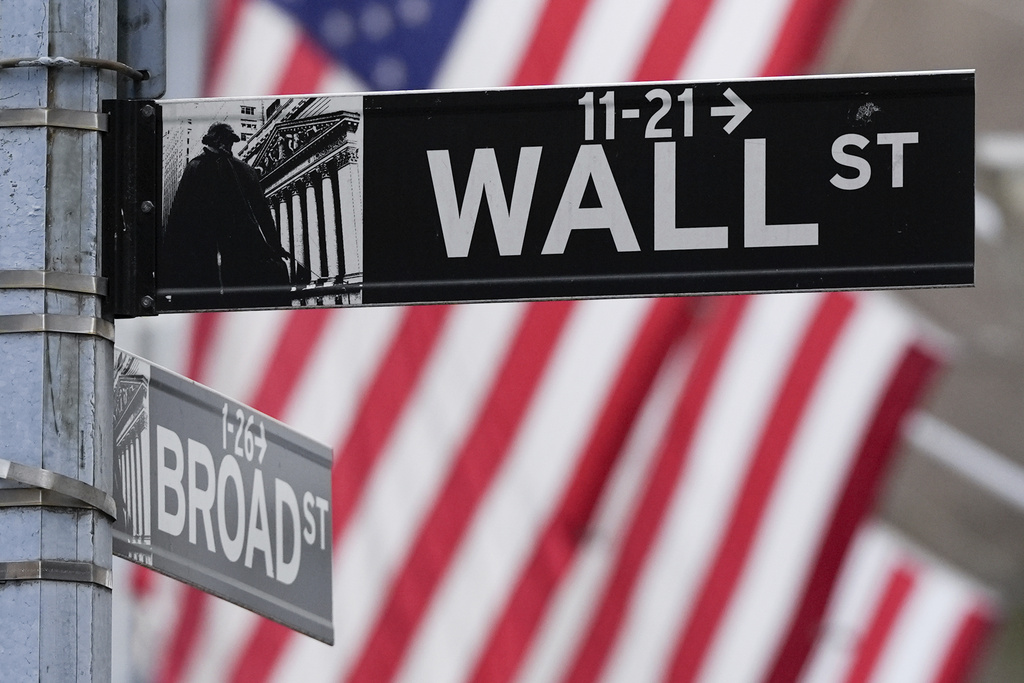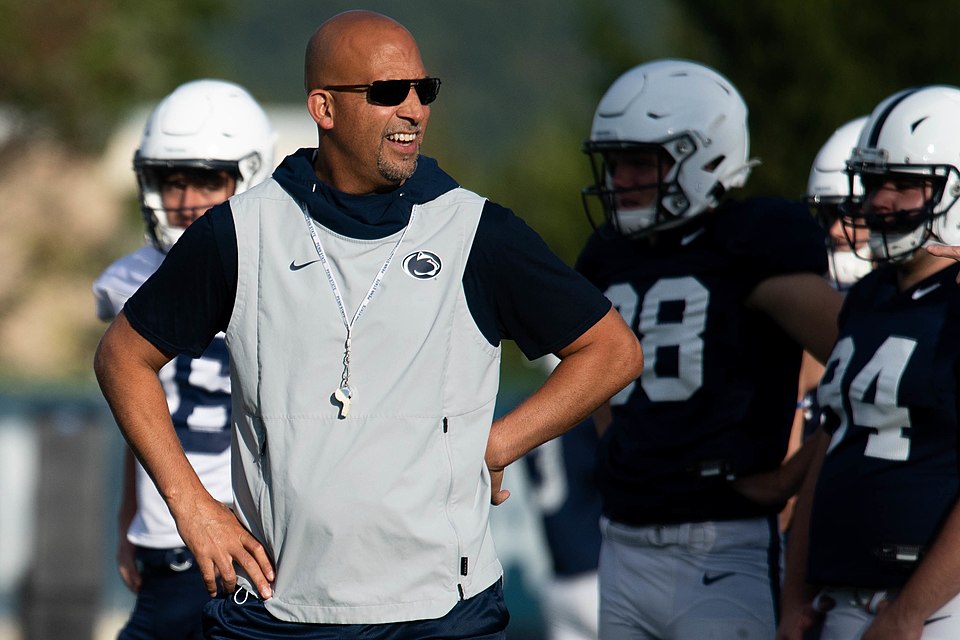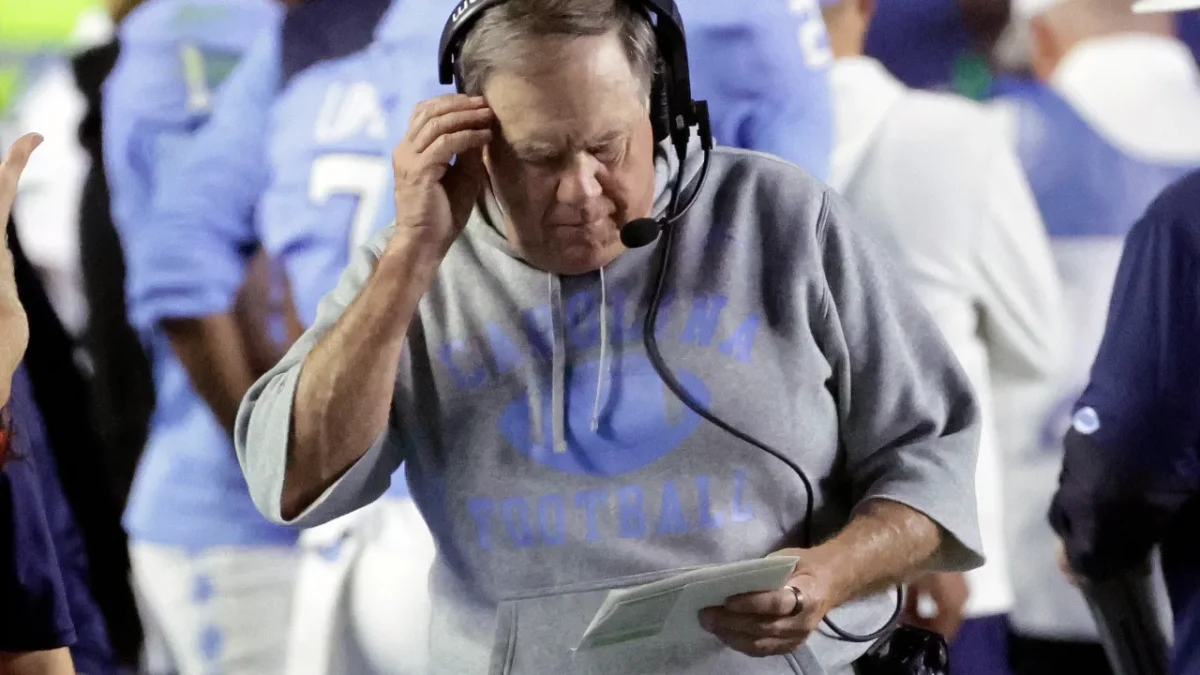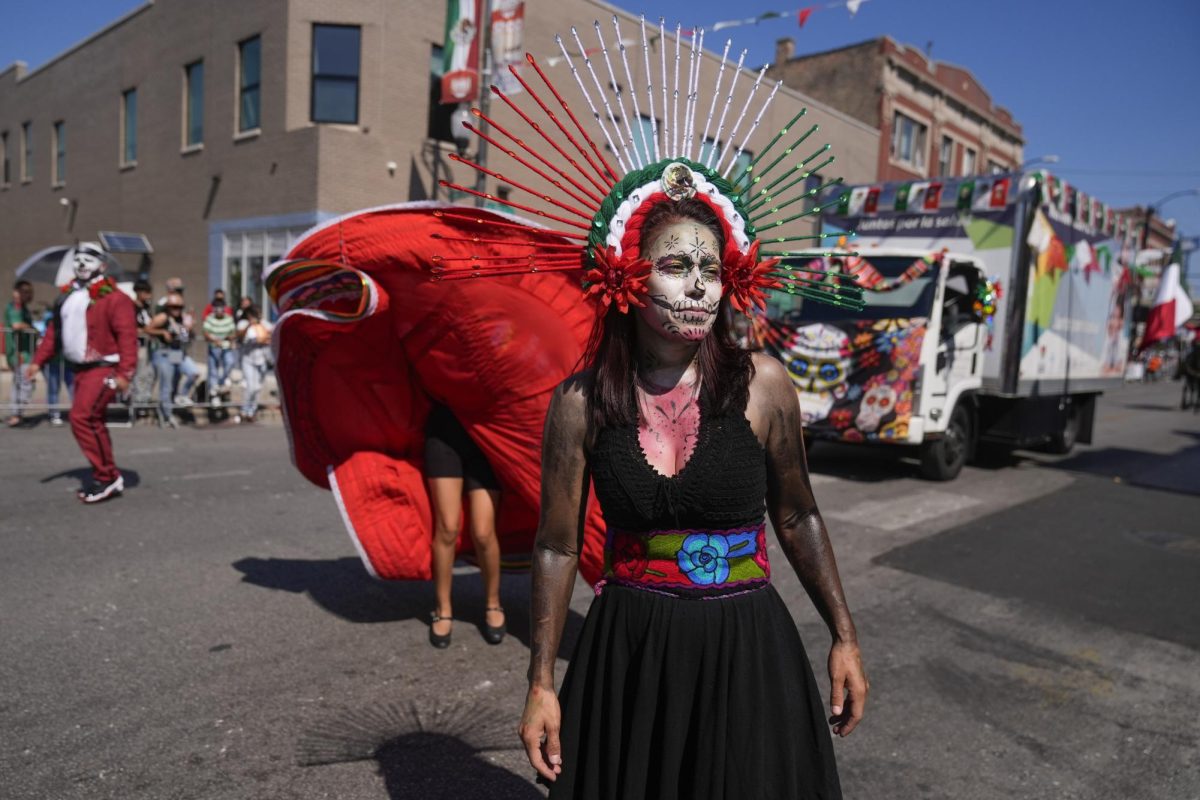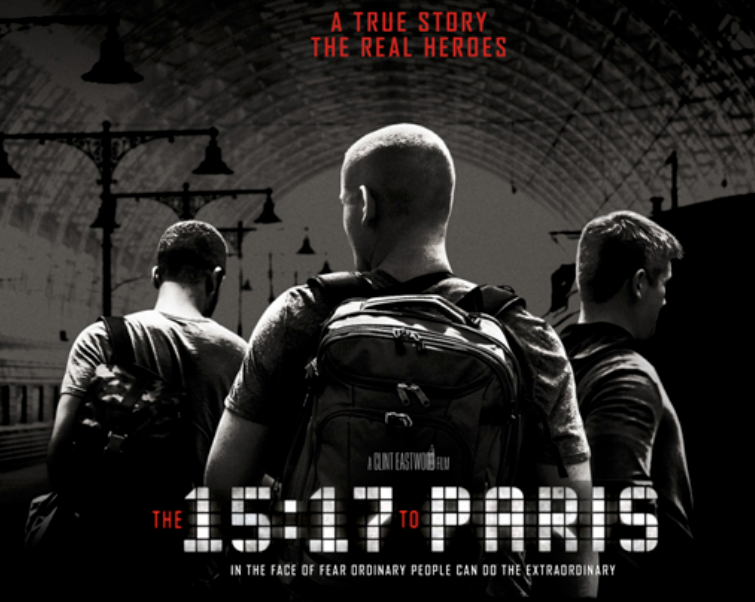’15:17 to Paris’ is an interesting experiment that ultimately fails
February 18, 2018
When an Islamic terrorist opened fire in a high-speed train from Amsterdam to Paris in August 2015, three American friends were able to overpower the attacker and save hundreds of lives. Clint Eastwood made a film about this incident and, surprisingly, he cast the three actual heroes—Anthony Sadler, Spencer Stone, and Alek Skarlatos—to play themselves to maximize the authenticity. Even though they do a respectable job for non-actors, the screenplay doesn’t offer any suspense and the movie turns into propaganda for the worse.
Childhood friends Spencer and Alek don’t have many friends, and the biggest trouble they get into is detention for being late to class or talking back at school officials. Both their mothers (played by Jenna Fisher and Judy Greer) are single, devotedly religious, and raise them alone, and even though they aren’t rich, they have everything they need. One day, at the principal’s office, the two friends meet Anthony, and it’s clear they’ll be friends for life. They like to play war games in the woods behind their homes with Spencer’s large arsenal of toy guns, and obsess over war-related material they gather from their history teacher. Alek is eventually the first one to join the army and gets deployed to Afghanistan, while Spencer still struggles to find direction in his life. His dream is to join the Air Force, but problems with his eyes thwart that plan. Instead, he joins a medical unit, which makes him unhappy as he thinks he is destined for something greater. When Alek is home on vacation, the three decide to take a trip around Europe. After visiting Italy, Germany, and the Netherlands, they board a high-speed train to Paris, France. When an Islamic terrorist opens fire on the passengers, Spencer is the first to take action. Luckily, the terrorist’s AK-47 was jammed, and together they are able to subdue the attacker.
It’s an interesting premise to tell a story about American heroism, where average guys don’t just stand by but bravely save hundreds of lives. On top of that, the three friends play themselves. Unfortunately, the film lacks vision and wastes the majority of time to underline how ordinary the protagonists are. After the opening scene, where the faceless terrorist boards the train, the movie keeps coming back to the train just to remind the viewers what this movie is actually about. In between these scenes, we see the heroes grow up, find their part in life, and for the majority of the movie, travelling through Europe. Here is where the already weak screenplay completely turns into a non-story full of fillers. With an exciting life-or-death-situation already being foreshadowed, no one cares to watch the heroes order ice cream in Italy or check in a hostel in Germany.
The constant mention of Christian values, God and prayer was quite distracting. Mentioning religion isn’t wrong, but rather than contributing to the story or acting as a plot device, its only purpose is indoctrination and catering to the ultra-conservative audience Eastwood already served with “American Sniper.” Fisher’s line, “My God is bigger than your statistics!,” says it all. Eastwood isn’t interested in a diverse point of view. A big principle in filmmaking is “show, don’t tell,” but the director does exactly the opposite despite his experience. He is also not interested at all in the attacker’s backstory, which would have given the movie more depth.
Eastwood is a filmmaker that often divides the audience, but never as strong as he does with his latest movie. Even the often-criticized “American Sniper” is a much better film than “The 15:17 to Paris,” mainly due to having a more functional script and star power. This is especially sad after making the incredible “Sully,” also a story of quiet heroism, but what worked well there, he couldn’t carry over. The asynchronous storyline rarely keeps one from falling asleep while the heroes travel through Europe, and where he skillfully played with the audience’s expectations in “Sully,” nothing at all surprises the viewer in “The 15:17 to Paris.”
Eastwood’s vision as filmmaker seems to narrow down to fit his personal political agenda. Hopefully, his next movie will be more like “Gran Torino” and less like “American Sniper.” While advertised as a high-suspense-thriller, “The 15:17 to Paris” is merely a glorified travel video paired with religious overtones and topped off with five minutes of action. That’s a recipe for disaster.
3/10
You’ll like “The 15:17 to Paris if you like “American Sniper,” Christian movies or reality TV
The 15:17 to Paris (2018)
Directed by Clint Eastwood
Screenplay by Dorothy Blyskal
Music by Christian Jacob, Thomas Newman
Cinematography by Tom Stern
Edited by Blu Murray
With Anthony Sadler, Alek Skarlatos, Spencer Stone, Judy Greer, Jenna Fisher, Ray Corasani
PG-13, 94 minutes




